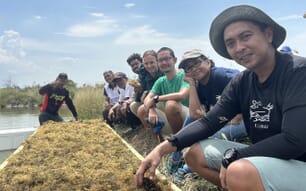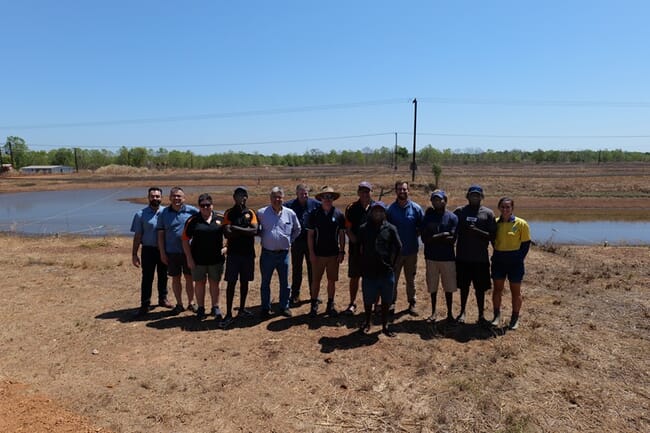
© CSIRO
Simon Irvin, an aquaculture biology team leader for the Commonwealth Scientific and Industrial Research Organisation (CSIRO), leads a five-member team who are working to reshape tiger prawn farming.
CSIRO states that Northern Australia holds untapped potential for sustainable prawn farming. As aquaculture biology team leader, Simon and his team claim they are building opportunities and improving outcomes for remote communities.
CSIRO’s Indigenous Science and Engagement Program worked with the Northern Steering Committee to facilitate engagement, leverage resources, and to provide a cultural lens for CSIRO. The partnerships also promoted traditional owners and other stakeholders to travel to Vietnam to learn more from the prawn farming industry.
Co-design unlocks innovation
Co-design ensures the research respects Indigenous perspectives. It also addresses the specific needs and goals of the community, as determined by that community.
CSIRO noted that through implementation of co-design, research projects gain a better understanding and context. Their findings can be more easily applied and tailored to the unique conditions of Northern Australia, specifically the Tiwi Islands.
Tiwi Resources represent the eight land-owning groups on the Tiwi Islands. Every aspect of the pilot prawn farming, from planning to execution, was developed in close consultation with Tiwi Resources.
Ron Poantimilui, Wurankuwu leader and director of Tiwi Resources, stated in a press release: “I, along with my directors, are very happy with our collaboration with CSIRO over the past few years. This project holds the promise of benefiting my people through generating employment and creating opportunities, not only now but for the many generations to come.”
This approach respects the Tiwi way of life, traditions and aspirations. It also uses modern scientific methods for sustainable aquaculture. The Tiwi land council and the Tiwi Island regional development board support this proposal in principle. The two noted that discussions and negotiations are continuing.
International knowledge exchange
Indigenous community leaders, researchers and stakeholders visited Vietnamese prawn farms. The experience was a two-way exchange, fostering international collaboration. The organisation also commented that the experience simultaneously strengthened the capacity of Northern Australian communities to further develop their sustainable prawn farming practices.
The research trip looked at many important aspects of prawn farming. Participants studied prawn health, farming techniques, environmental considerations (specifically mangrove and rice combinations) and prawn population size. It also included understanding water quality issues, licensing, managing disease, and survival rates. The partnership hopes the pilot farm on Tiwi will harness the abundance of marine worms and other organisms in their mangroves to feed the prawns naturally.
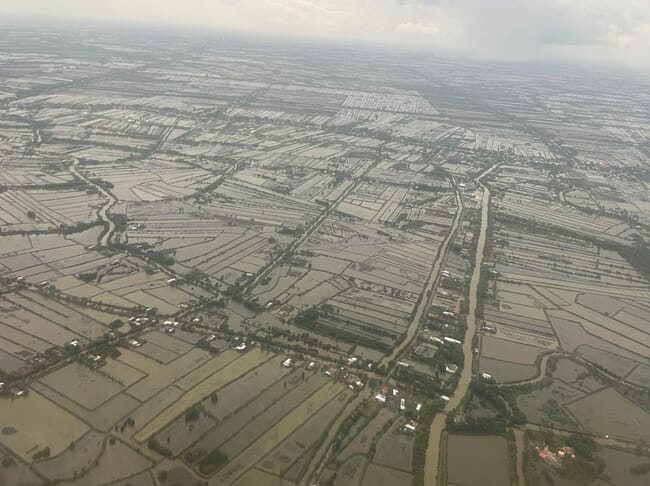
© CSIRO
Demonstration farms show the way
Researchers, Tansyn Noble and Tim Perrin, manage a successful prawn demonstration farm on Larrakia Country in Darwin - with the project now in its third year.
The team is seeking funding to establish and run the pilot farm on Wurankuwu, Bathurst Island. It comprises six one-hectare ponds. The pilot aims to address the economic viability and community readiness on the island. If successful, the pilot farm will become a commercial enterprise.
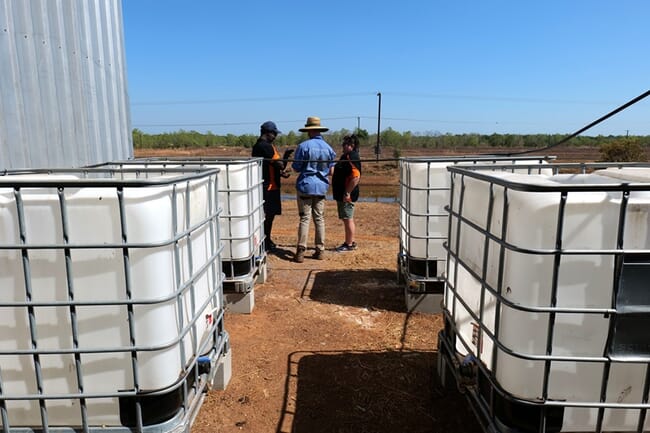
© CSIRO
A bright future for Tiwi Islands
CSIRO stated that establishing prawn farms on the Tiwi Islands won’t just be about farming tiger prawns. It’s about creating opportunities for the Tiwi community.
They also highlighted that if it succeeds, the aquaculture pilot will have many potential benefits. It will help to create job opportunities for the Tiwi people. It will also help with sustainable resource management. The farms will also enhance the wellbeing of the community by providing access to scientific expertise and skills development.
They concluded by stating that the story of prawn farming in Northern Australia is more than just science. It's a journey of partnership, cultural respect, and a path to a sustainable future for Australia.
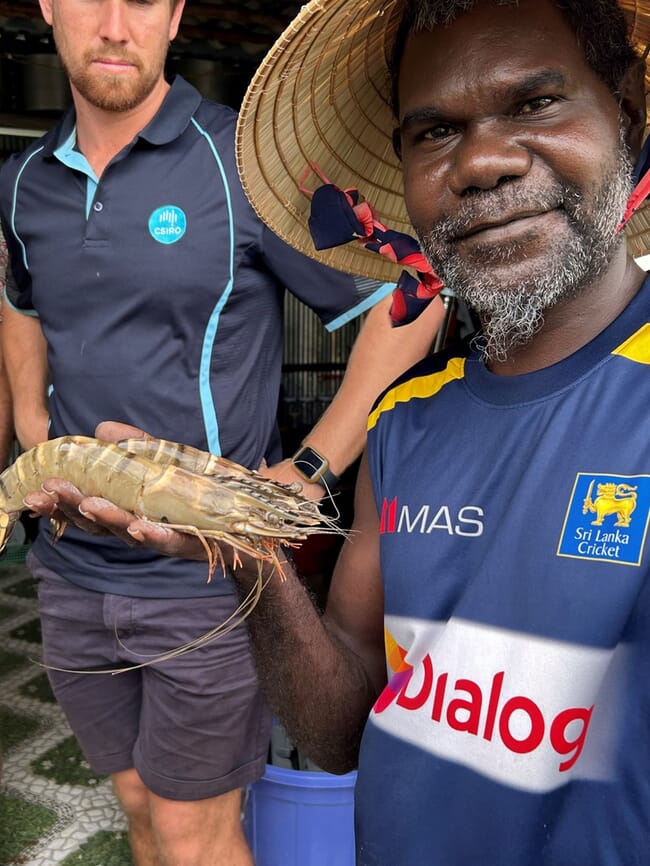
© CSIRO

